RWW Writer Exodus — the Blog Business Pressures Pile Up
I worry about my relationship with Marshall, as I try to manage ructions within the writing team. It goes from bad to worse when several of our writers get poached by tech blog competitors.

After the 2WAY Summit (in June 2011), I confirmed with Marshall that he was okay with me announcing the new editorial structure to the team. He’d been noticeably unhappy about it during our management meetings—and a couple of times we had argued, with Sean trying hard to keep a neutral position between us. Marshall was normally such a laid-back guy and unfailingly polite in person, so seeing him look at me with angry, flinty eyes had made me quite sad.
In my personal journal that week, I tried to reassure myself that I was making the right move. Running a business isn’t about making friends, I wrote. I’d come a long way and the journey had taken its toll—I was still not taking enough time to manage my type 1 diabetes, and my family life was in tatters. Some of this was my own fault, but regardless, I felt like I had very little control over my life—the never-ending divorce settlement, the legal and tax restrictions on my company structure, not being able to move to the US, and more. I desperately wanted to be in control of something, and I’d decided that the editorial operations would be it.
Partly that was self-defensive bluster, though. I was worried I’d now alienated not only the writers, but Marshall too.
While I was still in New York, I sat down with Abraham to discuss the situation. If this new strategy was to work, he would be a key person going forward—my right-hand man on editorial operations. Abraham and I agreed that before I made a team announcement, I should communicate the changes one-on-one with the writers most at risk of leaving: Mike (who had already quit, but I still hoped to convince him to return), Audrey, and Sarah. I would also tell David Strom, our new enterprise channels manager, so that he was kept in the loop.
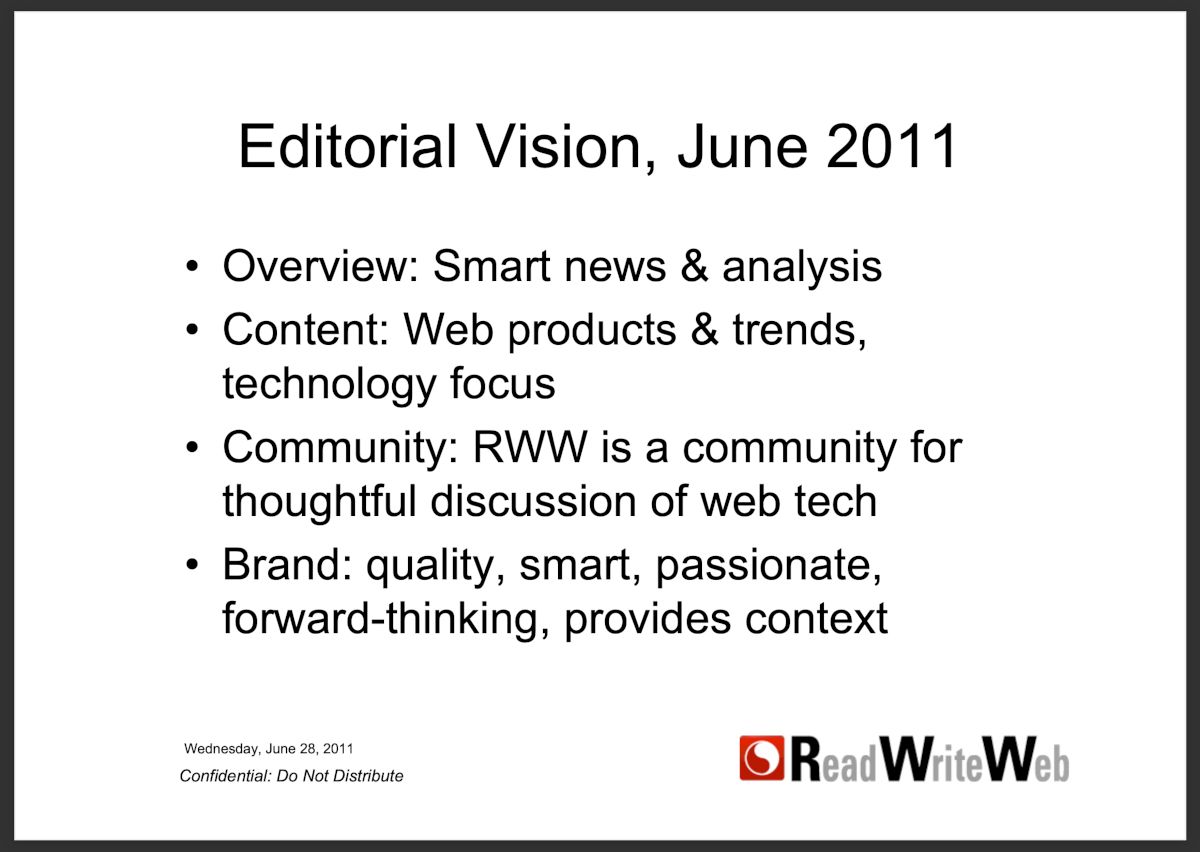
I did the personal outreach and then on Friday took a flight from New York to Seattle, where I’d be meeting with a number of companies about potential stories—including a visit to the Microsoft campus.
By the time I reached Seattle, Sarah had responded positively to the changes—which made me feel better. But, to my great frustration, Mike rejected the changes and confirmed he wouldn’t be coming back. I was angry, but I had to take a deep breath and recognize that Mike wanted to implement his own life changes. I quickly moved to replace him with John Paul Titlow, our young Philly blogger on Biz, who was keen for a full-time role.
On Monday, Audrey emailed that she wanted to focus more on ed tech (her personal passion) and didn’t think RWW would be the place for her to do that. She indicated that she’d be resigning, but thankfully Abraham got on the phone to her immediately and convinced her to stay. I breathed a sigh of relief, as losing both Mike and Audrey within a couple of days wouldn’t have been a big vote of confidence for my new plan—even with Sarah getting behind it.
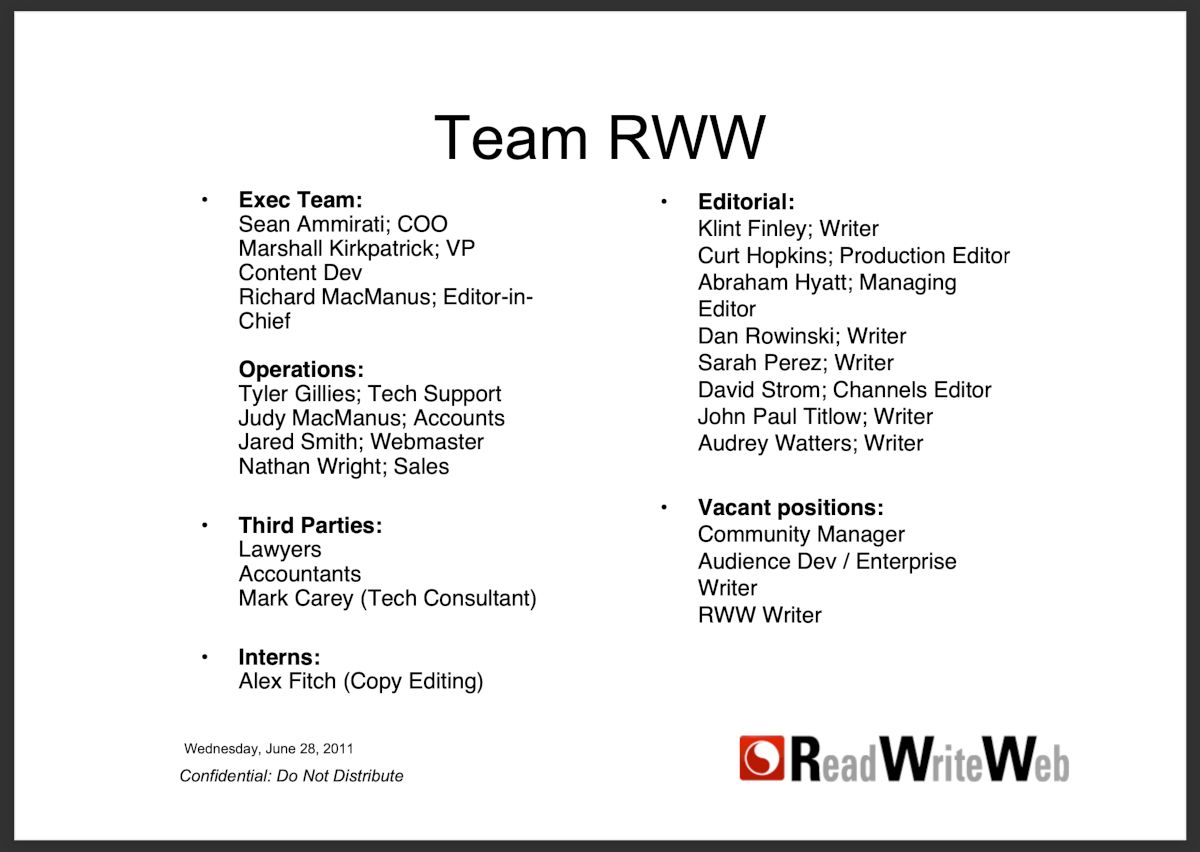
The five nights in Seattle and two in San Francisco went by in a blur. In truth, I was too distracted by the internal issues with my company to focus on these meetings.
The following Friday, June 24, I was on a plane home to New Zealand. It had been a hectic and stressful trip. The pressure was unrelenting, and my blood-sugar levels had been erratic lately—it always seemed to be a problem when I traveled. Despite this, I tried to remind myself that I had a good life. I’d had fun visiting museums and art galleries in New York, Seattle, and San Francisco, having dinners and drinks with friends and new acquaintances, and taking in new sights and experiences across the three weeks. I recalled a quote from a book I was reading about Taoism: “The way you feel about life, people, and the world around you, the things you think, say, and do, fashion the response you get back from life, and shape your reality. So you get from the world what you give to the world.”
I had bought that book, Every Day Tao, the previous month during a visit to Christchurch. The city had been badly damaged by an earthquake in February 2011, and I’d attended a special TED event there in May to discuss solutions for rebuilding. It was sobering to see the destruction in the inner city—the havoc it had caused in people’s lives, including for many of my extended relatives who lived there. The part of New Zealand where I lived, Wellington, was also prone to earthquakes, so it had made me think how easily it could’ve been my home that crumpled to the ground.
But I was lucky that my home was intact, and that my business was too. I had a lot to be grateful for, and a lot still to give—to my family and friends, and to my tech-blogging company.
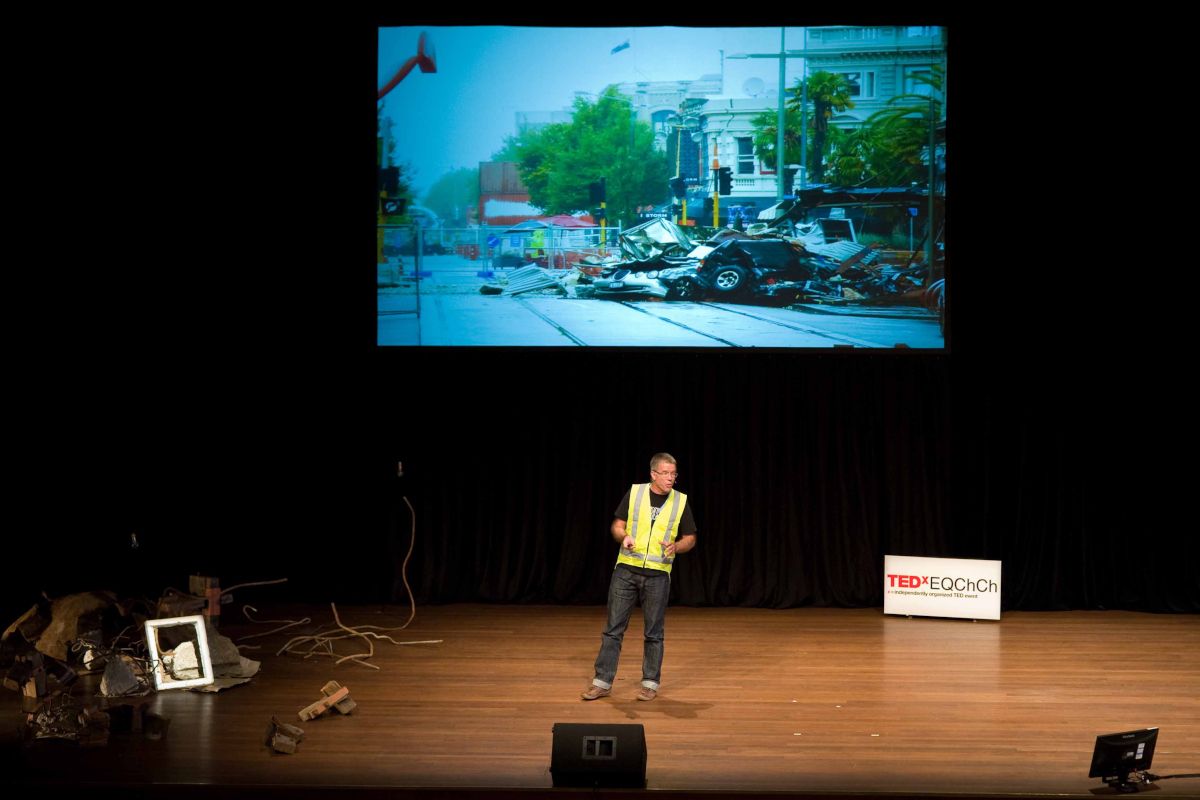
Good News and Bad News
Things continued to move fast in the tech industry. At the end of June, Google announced a new Facebook competitor called Google+. Other companies in our industry were also expanding: Microsoft had recently acquired Skype, Twitter had bought a popular tweet reader app called TweetDeck, and LinkedIn had done its IPO. Then, in July, Spotify announced its launch in the United States.
While our latest event had been a disappointment, the fact that Web 2.0 was still active and growing was encouraging to me. The continued sense of optimism gave RWW a boost, and by the beginning of July, we’d found our new community manager. Robyn Tippins had already held the role at Current TV, Yahoo Developer Network, and MyBlogLog—so she had plenty of relevant experience. She was a longtime reader of RWW, and when I spoke to her, she was clearly smart and passionate about the blogosphere. She also wanted a job where she could work at home, since she was moving to Savannah, Georgia, with her family at the end of the year. It seemed like the perfect fit all-round. I only wished we’d found Robyn a year ago, but better late than never.
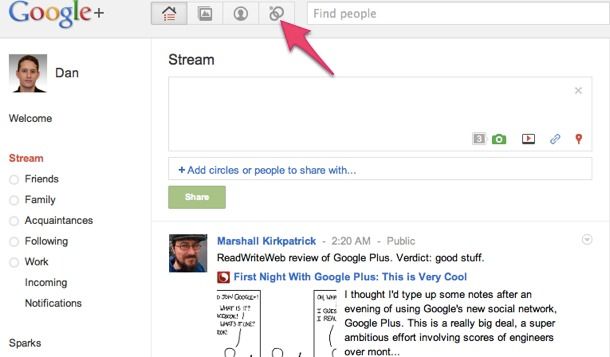
Then, a few weeks into July, we hired another promising young writer. Jon Mitchell was based in Portland, so he’d be able to see Abraham and Marshall regularly. Jon reminded me a little of Marshall, as his recent work experience indicated a strong social consciousness. In any case, with him and Dan Rowinski now on board, we were starting to grow the second generation of RWW writers.
It seemed like RWW was finally gaining some momentum again. But then came the news I’d been dreading. On Friday, July 22, Sarah phoned me to give her notice. The main reason she was resigning was the lack of benefits in her RWW compensation—which we couldn't offer because we weren't a US company. (Sidenote: this was years before companies like remote.com and Rippling launched. Had we had access to a global "Employer of Record" service like that, we would've been able to offer Sarah and our other writers the full package.)
Naturally, Sarah's high performance as a tech blogger had not gone unnoticed by our competitors in the blogosphere, and she told me she’d had four or five offers from other companies—all of which were offering her a salary with benefits. Of course, I immediately offered her a pay raise to try and put us on an equal footing with the other companies, but she wanted the job security above all else.
“It’s not about raising my base income, it’s about having the stability of a corporate job and the benefits that provides,” she said. She listed off health insurance, disability insurance, life insurance, dental, vision, and 401K, noting that those weren’t things RWW could offer. Now that she had a child, she wasn’t willing to forgo those benefits anymore—and I couldn’t blame her one bit.
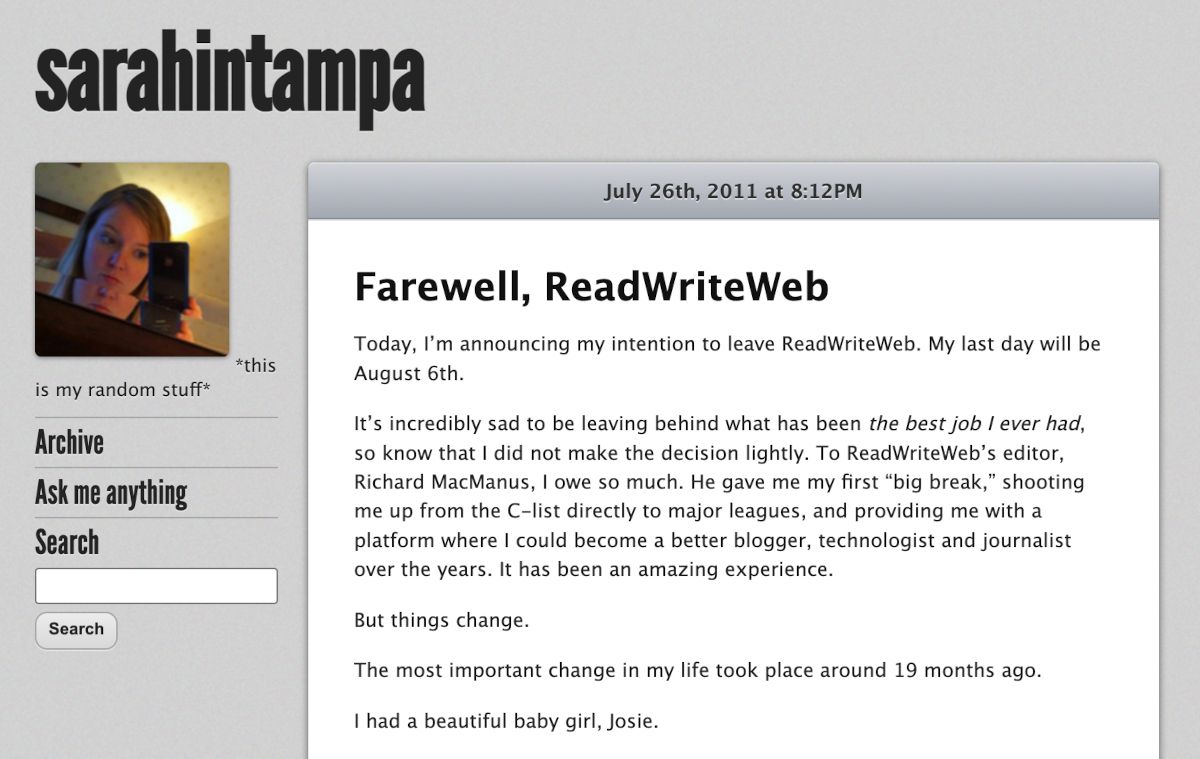
It was a big blow, as Sarah had recently told me she was happy with the new editorial structure. She thought Abraham’s morning meetings were helping, and she’d been pleased about Robyn’s hiring, too. But clearly, she had also been looking for other opportunities for at least several weeks. I wondered if the ructions within the writing team this year had influenced her decision.
The following week, Sarah confirmed my hunch. She told me that the complaints from other writers, along with the resentment they caused with other team members, had made her feel demoralized. She pointed to a very recent example of sniping between team members in a public comment on our blog, which I hadn’t been aware of, and said she no longer wanted to deal with that kind of negativity. Once again, I couldn’t blame her.
Pretty soon, I found out where Sarah was going to: TechCrunch. I wasn’t surprised to hear it, especially since TechCrunch was now a part of a much larger company. AOL had acquired Mike Arrington’s business at the end of September 2010 for a reported $25 million. Sarah confirmed to me that the package TechCrunch had offered her included basically the same corporate benefits that anyone at AOL gets. It made me feel a little better, I suppose, since there was no way a tiny NZ company could compete with an AOL salary and benefits. Still, I was bitterly disappointed that we’d lost one of our best writers in this way.
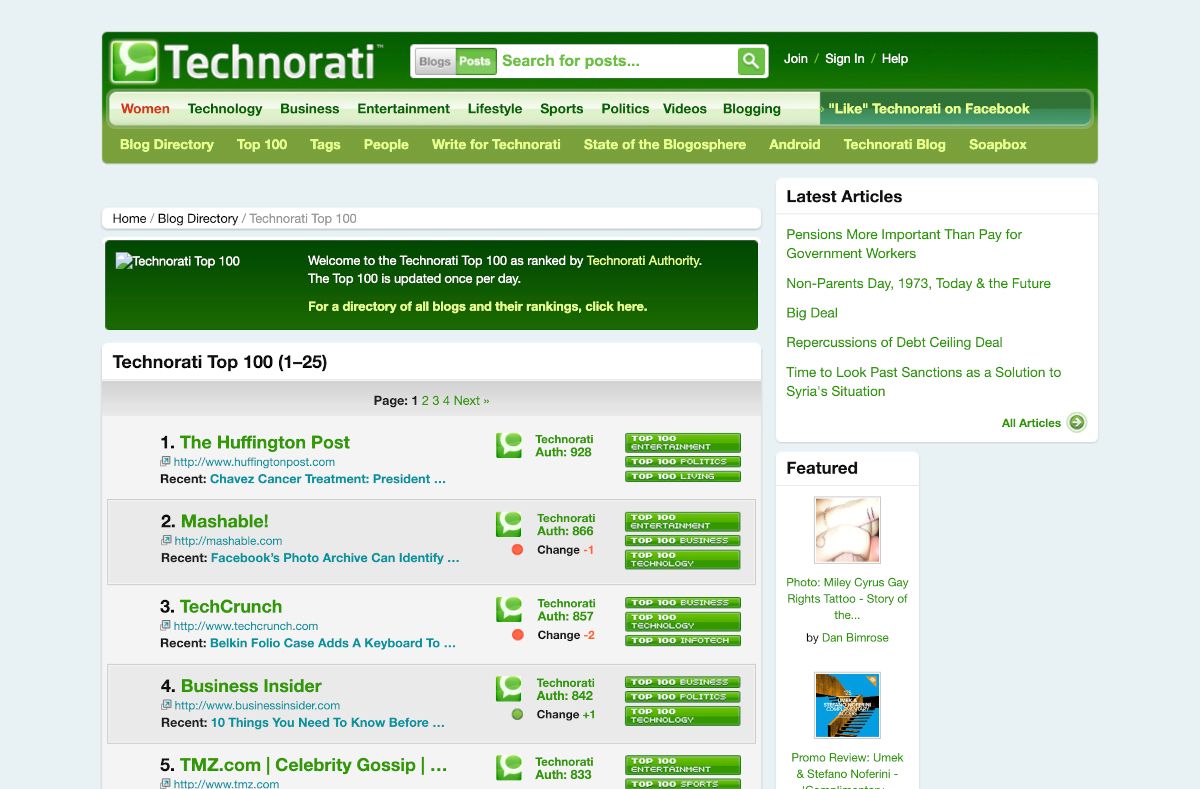
After Sarah’s news came out, Audrey and Klint piled on the misery by handing in their resignations at the end of July. I was half-expecting it from Audrey, as it had been apparent for a while now that her heart wasn’t in her RWW work. But Klint’s announcement came as a surprise. It turned out he’d be joining Silicon Angle, the tech blog that Alex Williams had recently joined—he’d been poached by a competitor. Once again, it made me rueful that RWW couldn’t offer a proper salary and benefits to our writers.
I didn’t know what I could do to change this situation, other than try again to get acquired by a US company. In the meantime, I had to focus on replacing the defectors and developing a new crop of writers. Maybe Dan and Jon would become the new Sarah and Frederic, although that wouldn’t happen overnight. I was also very worried about the short-term impact of losing multiple writers in such a short space of time.
Anxiety
To make matters worse, I was finding it difficult to write for RWW myself. The joy I’d long had in blogging had disappeared due to the pressures the business was under. I was about to turn 40 in August, a milestone birthday that I should’ve been looking forward to. But, in truth, I was feeling depressed and wanted to get away from everything. If I’d been able to go live in a log cabin in the woods—just switch off for a while—then I would’ve jumped at the opportunity.
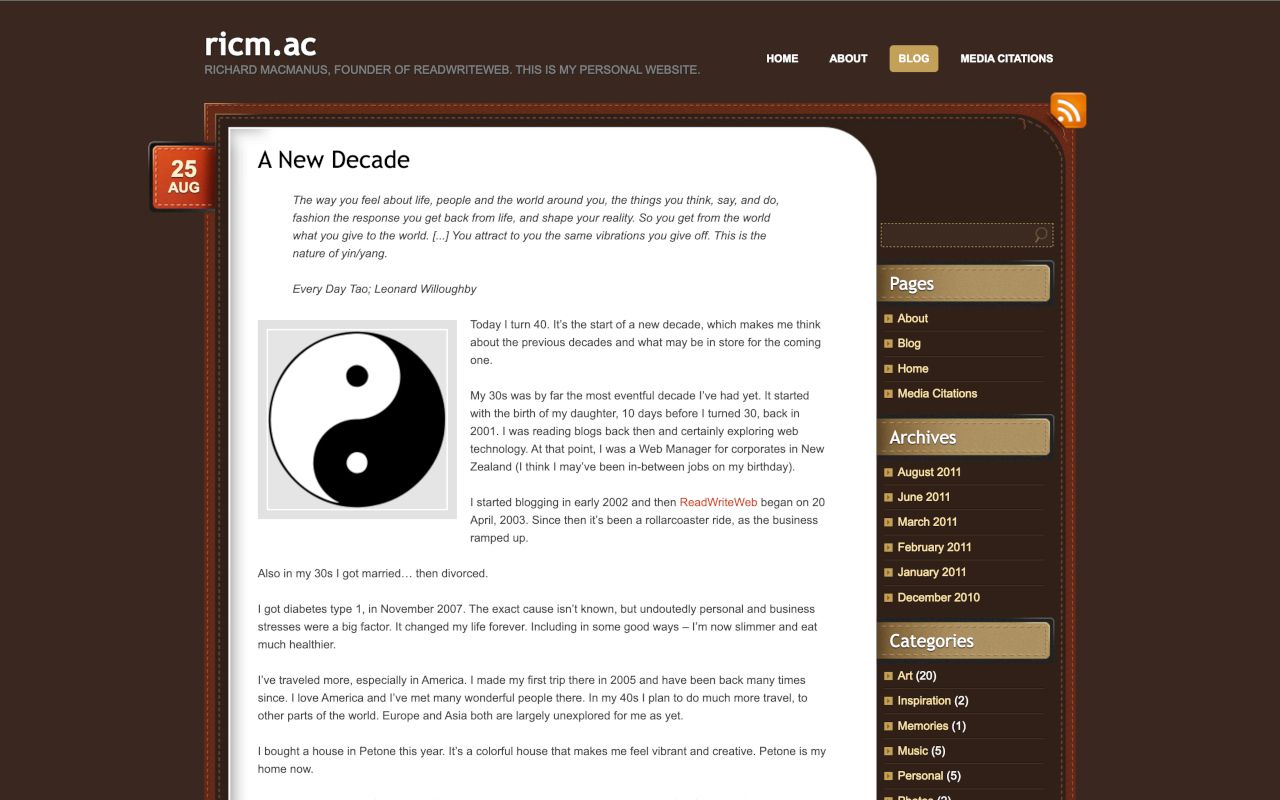
A few days before my birthday on the twenty-fifth, I had my annual diabetes check-up. My blood tests were fine, but I mentioned to my doctor that I was feeling anxious and depressed. He asked if I was struggling to get out of bed in the mornings, along with some other questions to determine how serious it was. I said the situation wasn’t that bad, so he recommended I see a psychotherapist rather than take any medication. I took the business card he proffered and promised to contact this person. (Of course, I didn’t do so for many months.)
I shrugged off my doctor’s advice in part because I was convinced my current life and business situation were at fault. I compared the way I felt now to my late teenage years and early twenties—I would’ve answered yes to all my doctor’s questions back then. I knew I didn’t have clinical depression now, though, because my sense of self was much stronger than when I was young. I liked who I was now, and I loved life—it was just that everything around me seemed cluttered or stuck.
I was beginning to realize what I had to do to resolve the situation. I wrote in my journal, “I wonder if I should sell the biz now, so I can get both it and the divorce off my back.”
This post is part of my serialized book, Bubble Blog: From Outsider to Insider in Silicon Valley's Web 2.0 Revolution. View table of contents.
Next up: 062. Before My Latest Portland Trip, I Decide To Sell ReadWriteWeb
Buy the Book
My Web 2.0 memoir, Bubble Blog: From Outsider to Insider in Silicon Valley's Web 2.0 Revolution, is now available to purchase:
- Paperback, US$19.99: Amazon; Bookshop.org
- eBook, US$9.99: Amazon Kindle Store; Apple Books; Google Play
Or search for "Bubble Blog MacManus" on your local online bookstore.